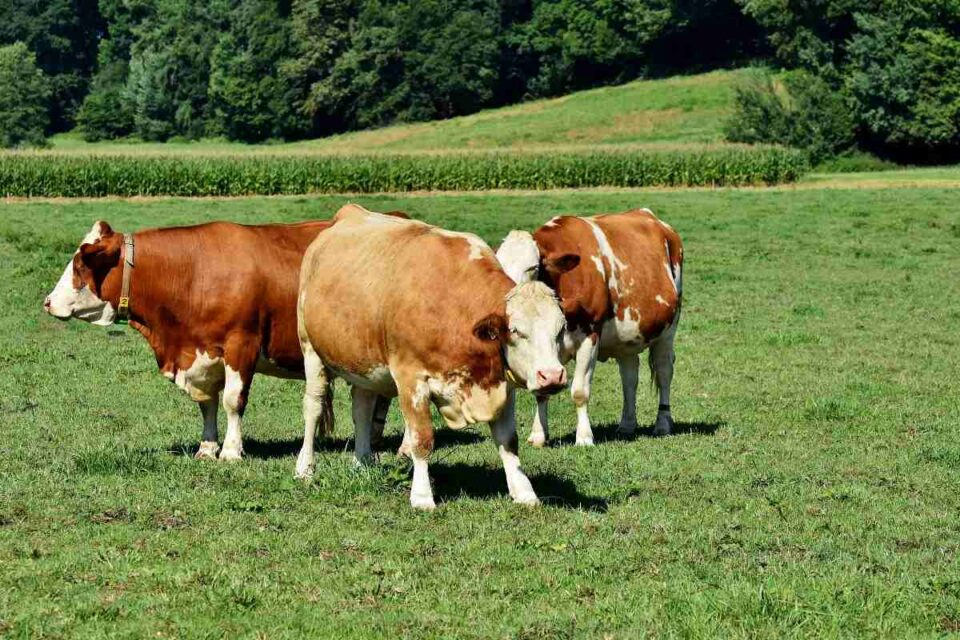The industry is said to be challenged with poor breeds, rampant disease outbreaks and high mortality rates.
The contribution of the small livestock industry in accelerating agricultural growth has remained minimal over the past few years.
This is one of the findings of the National Agricultural Innovation System Assessment (AIS) for the small livestock, which has also recommended more innovation in the industry to increase the profitability for smallholder farmers.
The findings by the Institute of Policy Analysis and Research (IPAR) were released on Thursday, October 28, during a meeting of the agriculture sector players and government, and the UN Food and Agriculture Organization – Rwanda Office (FAO-Rwanda).
The study focused on the pig and poultry value chains.
The industry is said to be challenged with poor breeds, rampant disease outbreaks and high mortality rates.
Animal feeds constitute between 60 and 70 per cent of the total expenses incurred by farmers of small livestock.
“We need innovation that can help us get high quality and low-cost animal feeds in order to reduce expenses,” said Andrew Butare, the Chairperson of Rwanda Poultry Industry Association.
He also said that farmers struggle to access the market for their eggs and meat.
Collaboration and coordination
Researchers have recommended empowering and strengthening the national platform on small livestock in Rwanda.
Currently, the responsibility for small livestock is fragmented across different organisations, creating coordination challenges.
A national platform has been formed to provide such coordination. However, it needs to become more active, the study says.
Capacity development
This centres on ensuring continuous learning and improvement of actors’ knowledge, soft skills and practices for marketing and networking capacities.
The study indicated that the Ministry of Agriculture and Animal Resources should mainstream soft skills in all its strategic plans in order to guarantee the sustainability of innovations in the small livestock sub-sector.
Also, it noted that advisory services should put more effort into strengthening the capacities of farmers and cooperatives in small livestock management and related business skills.
Policy recommendations
The assessment proposed the mainstreaming of agricultural innovations across all policies, strategies and programmes that promote the small livestock sub-sector especially animal health/veterinary services, animal feeds as well as transport facilities for live animals and meat.
Also, under this plan, it recommended the strengthening of funding mechanisms that support smallholder farmers’ access to affordable finance particularly those living in rural remote areas to create a conducive working environment for vulnerable people.
In line with reducing risks in the livestock subsector, government and financial institutions should improve farmers’ access to agriculture and livestock insurance.
Jean-Claude Musabyimana, Permanent Secretary at the Ministry of Agriculture and Animal Resources concurred with livestock farmers on costly animal feed, adding that inadequate financing is also a challenge for them.
He said that there is a need to adopt good practices and technologies to tackle such issues.
Gualbert Gbehounou, FAO Representative, said that developing small livestock has proven to be one of the best ways to quickly take people out of poverty because of its short cycle.
He said that improving farmers’ knowledge on production and access to the market contributes to solving a great deal of the problem that they are faced with.


